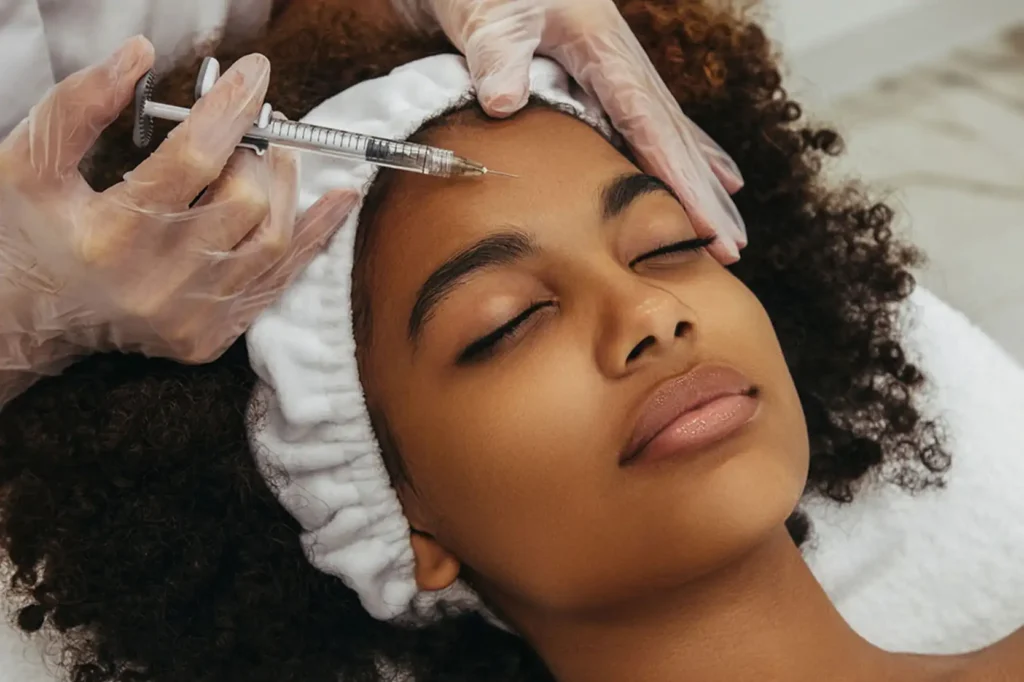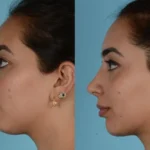Learn to Plastic Surgery Insurance is a crucial consideration for individuals planning cosmetic or reconstructive procedures. This blog explores the importance of having the right insurance coverage to protect against unexpected costs, complications, or follow-up treatments. Discover how plastic surgery insurance policies work, what they typically cover, and how to choose the best plan for your needs.
Introduction to Plastic Surgery Insurance:
Plastic surgery insurance is a critical consideration for anyone undergoing a procedure, as it determines whether and to what extent your costs may be covered. While cosmetic procedures are often not covered, reconstructive surgeries may qualify under specific conditions. Understanding the nuances of plastic surgery insurance can save you from unexpected financial burdens.
Plastic surgery has grown increasingly popular, with millions of people opting for procedures annually. Whether you’re seeking cosmetic enhancement or reconstructive surgery following an injury or illness, insurance plays a crucial role in determining your out-of-pocket expenses. The process of securing insurance coverage can seem overwhelming, especially with varying policies and terms, but being informed is the first step toward making a confident decision.
Medicare may cover reconstructive procedures deemed medically necessary but not purely cosmetic ones.
What is Plastic Surgery Insurance:
Plastic surgery insurance refers to coverage for procedures aimed at altering or reconstructing parts of the body. The key distinction lies between cosmetic and reconstructive surgeries. Insurance companies assess each procedure’s purpose to decide coverage. Providing detailed medical documentation is often necessary.
- Cosmetic surgeries are elective and focus on improving appearance (e.g., facelifts, liposuction, or breast augmentation). These are typically not covered by insurance.
- Reconstructive surgeries aim to correct abnormalities caused by injury, illness, or congenital disabilities (e.g., breast reconstruction post-mastectomy, cleft palate repair). These may qualify for coverage under health insurance policies.

Which Procedures are Covered by Insurance:
Insurance coverage depends on whether the surgery is medically necessary. Procedures commonly covered include. Always check your insurance policy’s specific terms to confirm coverage.
- Breast Reconstruction: Post-mastectomy surgeries are often covered under mandates like the Women’s Health and Cancer Rights Act (WHCRA).
- Cleft Lip or Palate Surgery: Essential for functional improvements like eating and speaking.
- Skin Grafts: Often covered for severe burns or trauma recovery.
- Rhinoplasty: Covered if it addresses breathing issues caused by structural abnormalities or trauma.
What Are the Requirements for Coverage:
To qualify for insurance coverage, plastic surgery must typically meet the following criteria. Without these, insurance claims are likely to be denied.
- Medical Necessity: A doctor must certify that the procedure is essential for health.
- Pre-Authorization: Many insurers require prior approval before surgery.
- Detailed Documentation: Include medical records, imaging, and a physician’s statement explaining the necessity.

How to Maximize Insurance Benefits for Plastic Surgery:
Here are tips to increase your chances of coverage approval.
- Consult a Specialist: Choose a plastic surgeon experienced in insurance-covered procedures.
- Understand Your Policy: Review your plan’s terms, exclusions, and pre-authorization requirements.
- Appeal Denials: If initially denied, appeal with additional supporting documentation.
Top-Rated 3 Rhinoplasty Clinics in the USA:
Here are some of the most recommended clinics for rhinoplasty across the United States.
1. The Beverly Hills Center for Plastic & Laser Surgery (California): Dr. Ashkan Ghavami leads this clinic, renowned for delivering natural, harmonious results tailored to each patient’s unique facial structure.[https://www.beverlyhillscenter.com]
2. Manhattan Facial Plastic Surgery (New York): Dr. Philip Miller, a double-board-certified surgeon, specializes in cosmetic and functional rhinoplasty using innovative techniques.[https://www.drphilipmiller.com/case-studies]
3. The Seattle Rhinoplasty Center (Washington): Dr. William Portuese is known for achieving balance and symmetry in his rhinoplasty procedures, making his clinic a top choice on the West Coast.[https://www.seattle-rhinoplasty.com]
FAQ
Most frequent questions and answers
Rarely. Exceptions include cases where cosmetic surgery corrects issues impacting physical or mental health.
Medicare may cover reconstructive procedures deemed medically necessary but not purely cosmetic ones.
Check with your insurance provider for an in-network specialist experienced in medically necessary plastic surgery.
Conclusion:
Understanding plastic surgery insurance is crucial for making informed decisions about your procedure. While cosmetic surgeries are rarely covered, reconstructive surgeries often qualify under medical necessity. To ensure your procedure is covered, familiarize yourself with your insurance policy, gather detailed documentation, and work with experienced healthcare professionals. By following these steps, you can reduce financial stress and focus on achieving your desired outcome.








